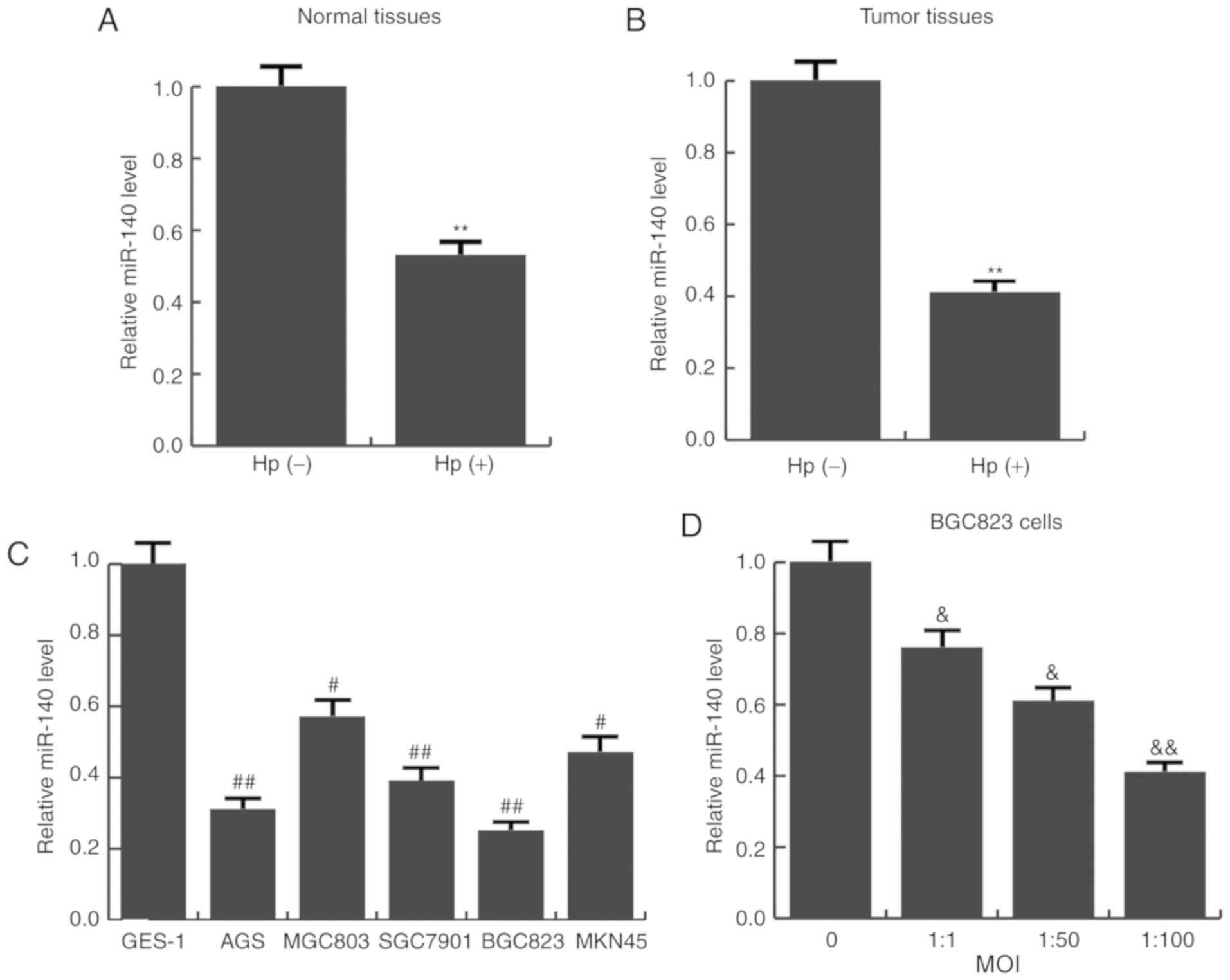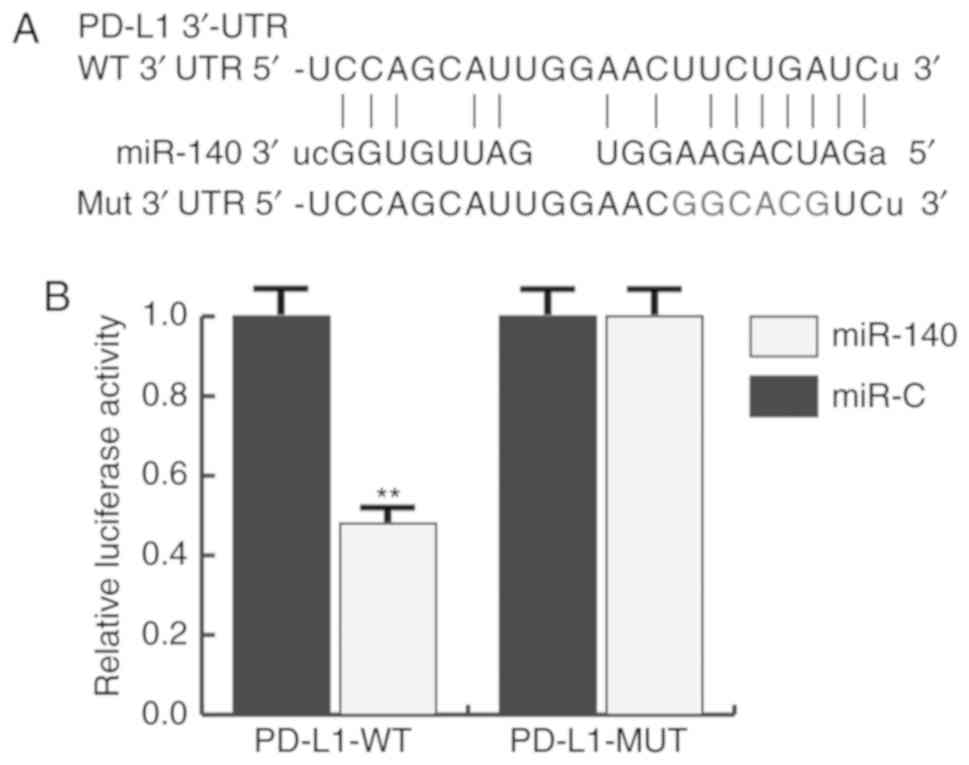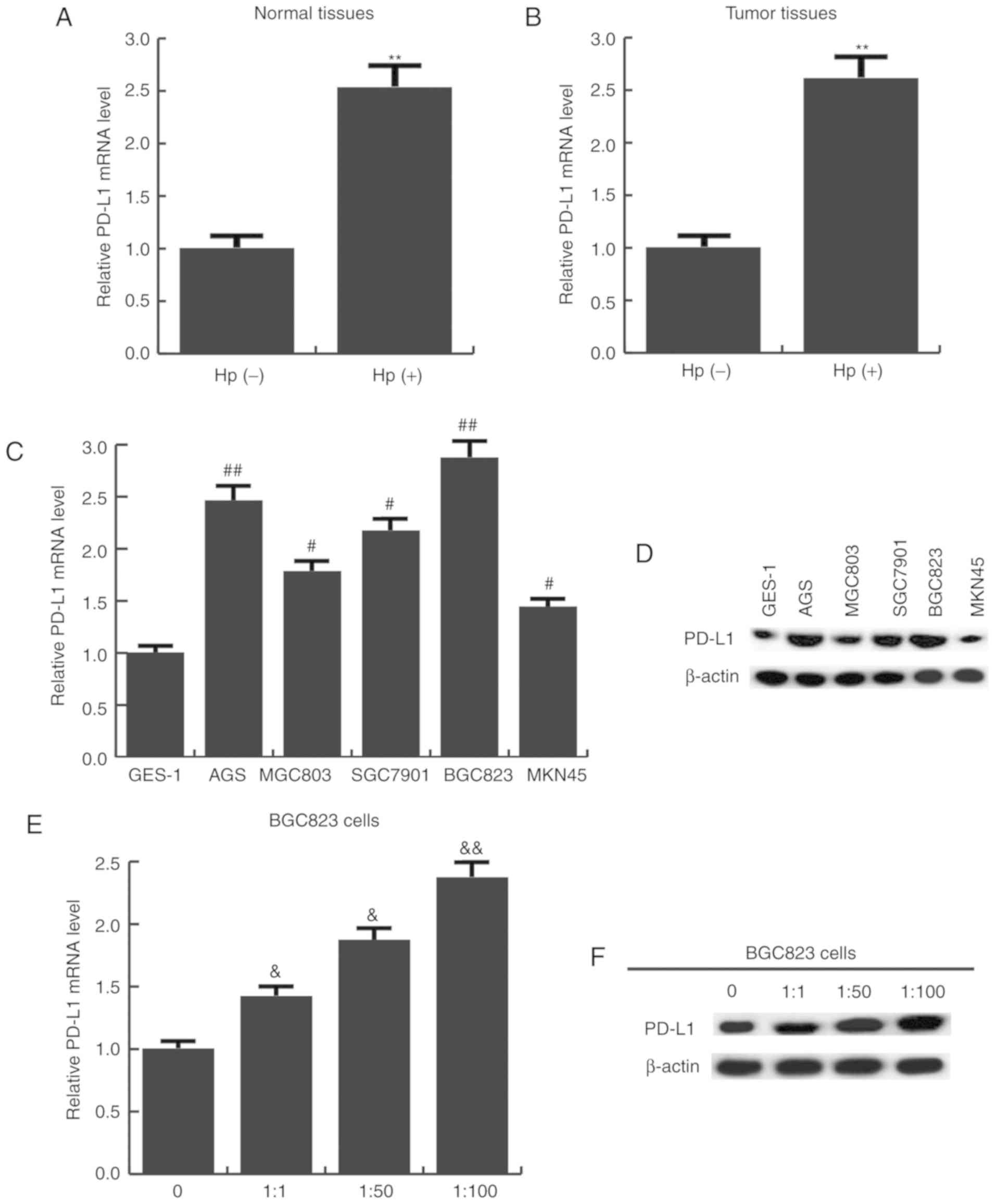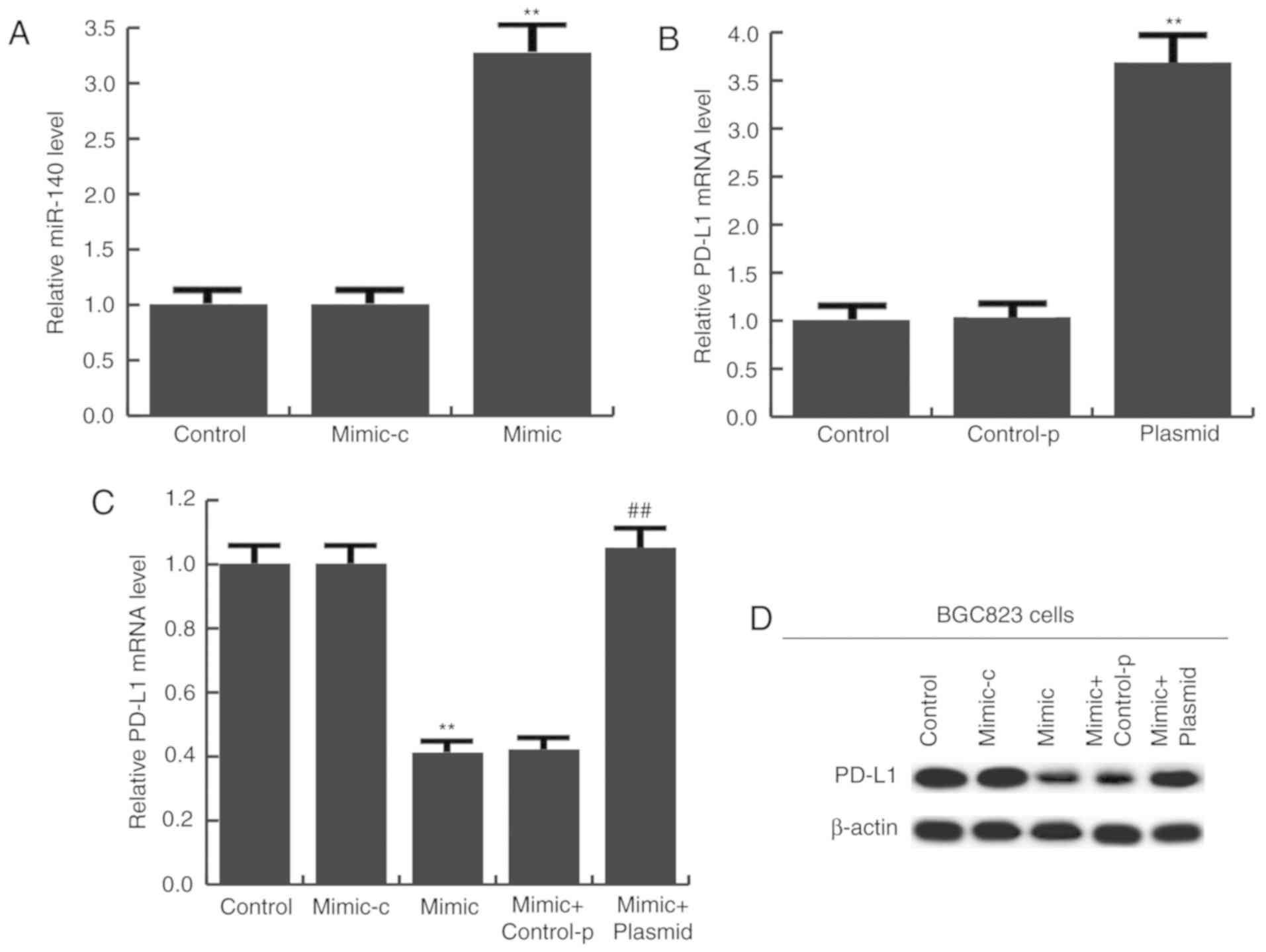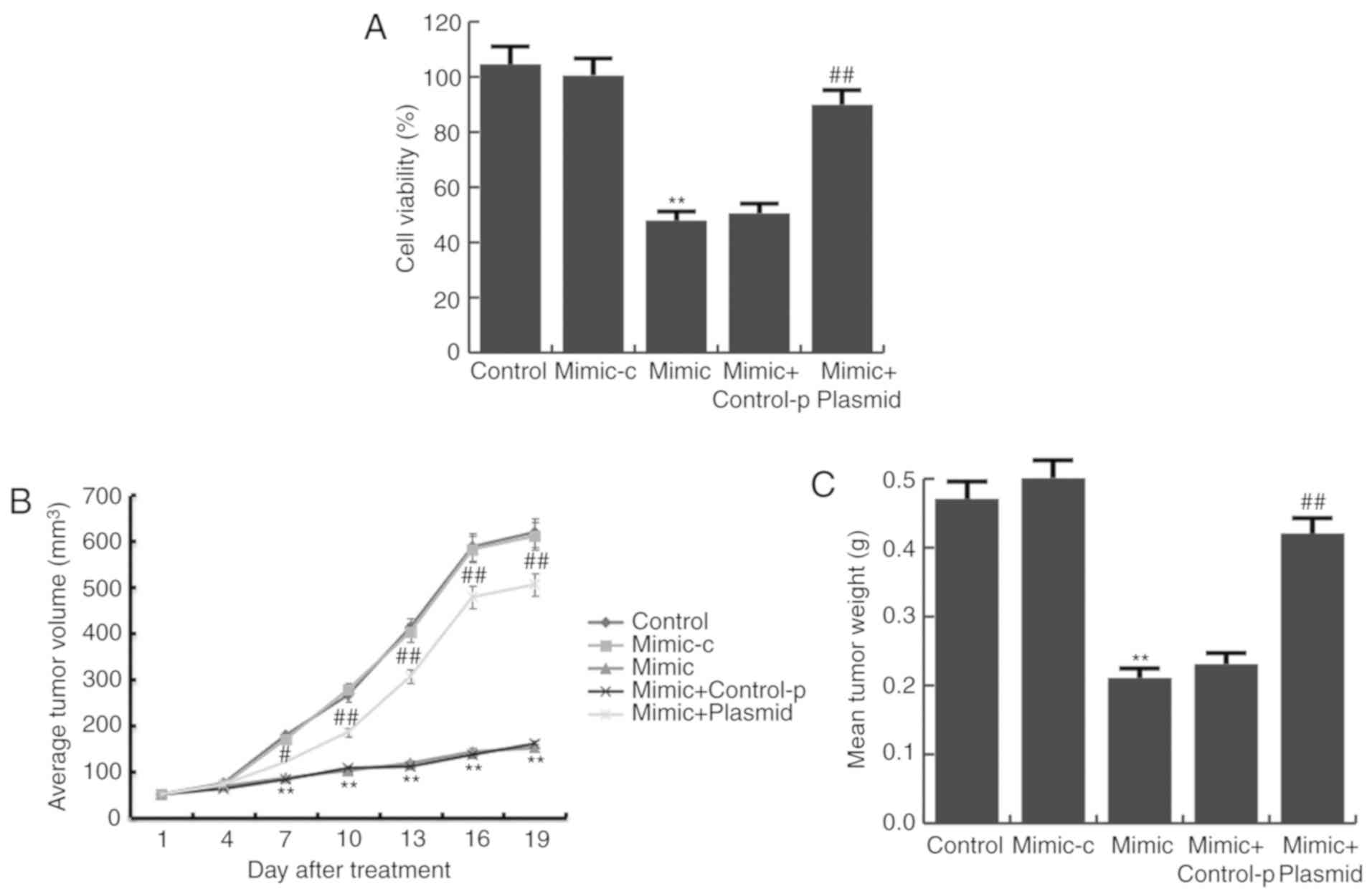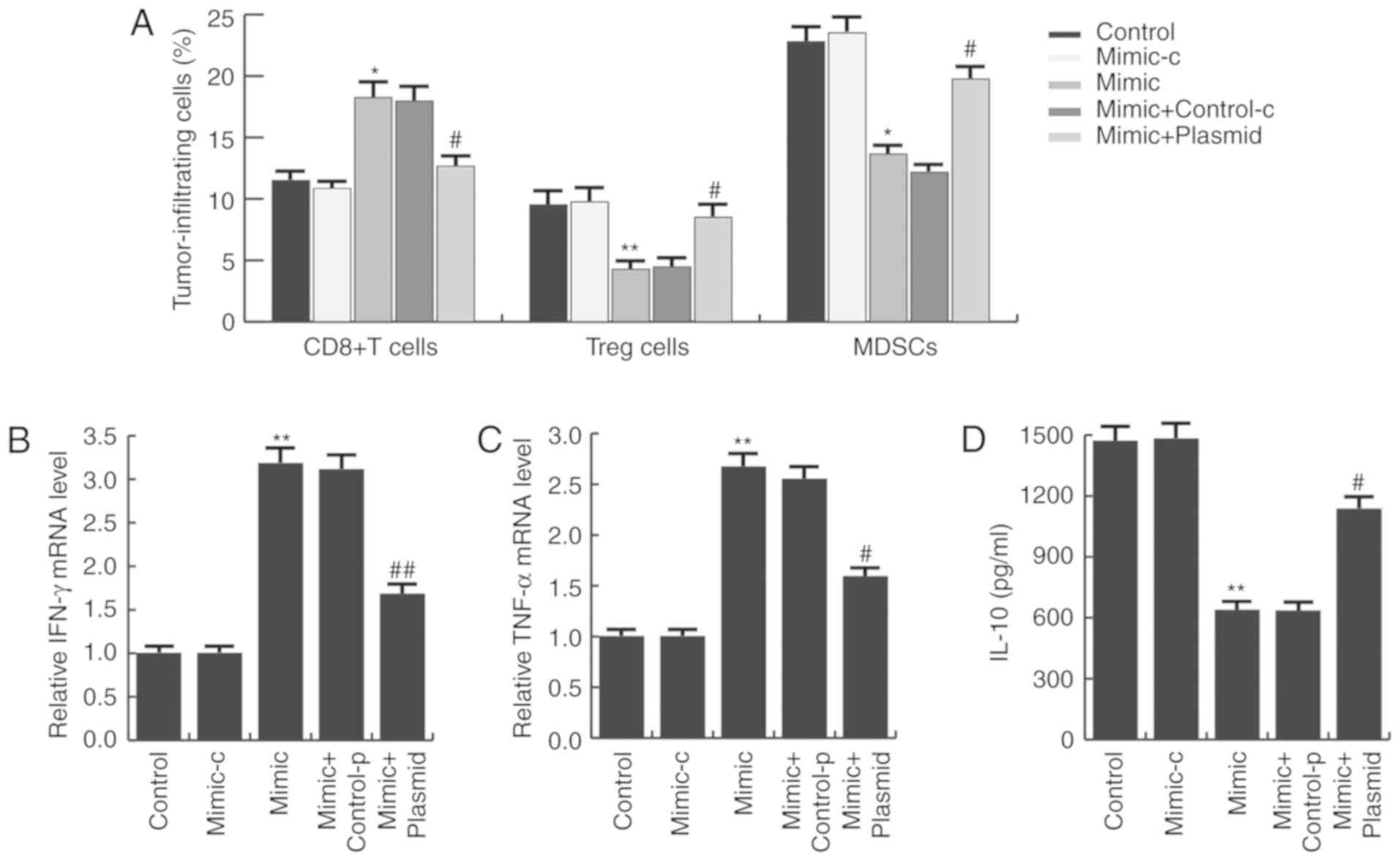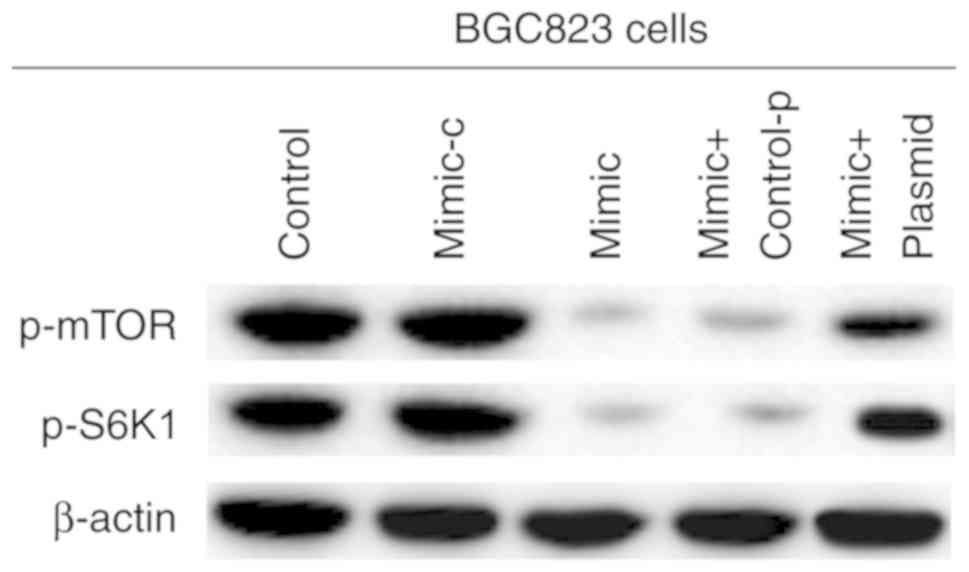|
1
|
Muhammad JS, Sugiyama T and Zaidi SF:
Gastric pathophysiological ins and outs of helicobacter
pylori: A review. J Pak Med Assoc. 63:1528–1533.
2013.PubMed/NCBI
|
|
2
|
Ali Z, Deng Y and Ma C: Progress of
research in gastric cancer. J Nanosci Nanotechnol. 12:8241–8248.
2012. View Article : Google Scholar : PubMed/NCBI
|
|
3
|
Lordick F, Allum W, Carneiro F, Mitry E,
Tabernero J, Tan P, Van Cutsem E, van de Velde C and Cervantes A:
Unmet needs and challenges in gastric cancer: The way forward.
Cancer Treat Rev. 40:692–700. 2014. View Article : Google Scholar : PubMed/NCBI
|
|
4
|
Graham DY: History of Helicobacter
pylori, duodenal ulcer, gastric ulcer and gastric cancer. World
J Gastroenterol. 20:5191–5204. 2014. View Article : Google Scholar : PubMed/NCBI
|
|
5
|
Falt P, Hanousek M, Kundrátová E and Urban
O: Precancerous conditions and lesions of the stomach. Klin Onkol.
26 (Suppl):S22–S28. 2013.(In Czech). View Article : Google Scholar : PubMed/NCBI
|
|
6
|
Xiao D, Zhang H, He L, Peng X, Wang Y, Xue
G, Su P and Zhang J: High natural variability bacteria
identification and typing: Helicobacter pylori analysis
based on peptide mass fingerprinting. J Proteomics. 98:112–122.
2014. View Article : Google Scholar : PubMed/NCBI
|
|
7
|
Katada T, Ishiguro H, Kuwabara Y, Kimura
M, Mitui A, Mori Y, Ogawa R, Harata K and Fujii Y: MicroRNA
expression profile in undifferentiated gastric cancer. Int J Oncol.
34:537–542. 2009.PubMed/NCBI
|
|
8
|
Bou Kheir T, Futoma-Kazmierczak E,
Jacobsen A, Krogh A, Bardram L, Hother C, Grønbæk K, Federspiel B,
Lund AH and Friis-Hansen L: miR-449 inhibits cell proliferation and
is down-regulated in gastric cancer. Mol Cancer. 10:292011.
View Article : Google Scholar : PubMed/NCBI
|
|
9
|
Chiang Y, Zhou X, Wang Z, Song Y, Liu Z,
Zhao F, Zhu J and Xu H: Expression levels of microRNA-192 and −215
in gastric carcinoma. Pathol Oncol Res. 18:585–591. 2012.
View Article : Google Scholar : PubMed/NCBI
|
|
10
|
Zhang H, Cheng Y, Jia C, Yu S, Xiao Y and
Chen J: MicroRNA-29s could target AKT2 to inhibit gastric cancer
cells invasion ability. Med Oncol. 32:3422015. View Article : Google Scholar : PubMed/NCBI
|
|
11
|
Zhang R, Li F, Wang W, Wang X, Li S and
Liu J: The effect of antisense inhibitor of miRNA 106b~25 on the
proliferation, invasion, migration, and apoptosis of gastric cancer
cell. Tumour Biol. 37:10507–10515. 2016. View Article : Google Scholar : PubMed/NCBI
|
|
12
|
Xiang XJ, Deng J, Liu YW, Wan LY, Feng M,
Chen J and Xiong JP: MiR-1271 Inhibits Cell Proliferation, Invasion
and EMT in Gastric Cancer by Targeting FOXQ1. Cell Physiol Biochem.
36:1382–1394. 2015. View Article : Google Scholar : PubMed/NCBI
|
|
13
|
Zhou X, Xia Y, Li L and Zhang G: MiR-101
inhibits cell growth and tumorigenesis of Helicobacter
pylori related gastric cancer by repression of SOCS2. Cancer
Biol Ther. 16:160–169. 2015. View Article : Google Scholar : PubMed/NCBI
|
|
14
|
Zhou X, Xu G, Yin C, Jin W and Zhang G:
Down-regulation of miR-203 induced by Helicobacter pylori
infection promotes the proliferation and invasion of gastric cancer
by targeting CASK. Oncotarget. 5:11631–11640. 2014. View Article : Google Scholar : PubMed/NCBI
|
|
15
|
Fassan M, Saraggi D, Balsamo L, Cascione
L, Castoro C, Coati I, De Bernard M, Farinati F, Guzzardo V, Valeri
N, et al: Let-7c down-regulation in Helicobacter
pylori-related gastric carcinogenesis. Oncotarget. 7:4915–4924.
2016. View Article : Google Scholar : PubMed/NCBI
|
|
16
|
Li Q, Wang N, Wei H, Li C, Wu J and Yang
G: miR-24-3p Regulates Progression of Gastric Mucosal Lesions and
Suppresses Proliferation and Invasiveness of N87 Via Peroxiredoxin
6. Dig Dis Sci. 61:3486–3497. 2016. View Article : Google Scholar : PubMed/NCBI
|
|
17
|
Yan X, Zhu Z, Xu S, Yang LN, Liao XH,
Zheng M, Yang D, Wang J, Chen D, Wang L, et al: MicroRNA-140-5p
inhibits hepatocellular carcinoma by directly targeting the unique
isomerase Pin1 to block multiple cancer-driving pathways. Sci Rep.
7:459152017. View Article : Google Scholar : PubMed/NCBI
|
|
18
|
Yu L, Lu Y, Han X, Zhao W, Li J, Mao J,
Wang B, Shen J, Fan S, Wang L, et al: microRNA −140-5p inhibits
colorectal cancer invasion and metastasis by targeting ADAMTS5 and
IGFBP5. Stem Cell Res Ther. 7:1802016. View Article : Google Scholar : PubMed/NCBI
|
|
19
|
Su Y, Xiong J, Hu J, Wei X, Zhang X and
Rao L: MicroRNA-140-5p targets insulin like growth factor 2 mRNA
binding protein 1 (IGF2BP1) to suppress cervical cancer growth and
metastasis. Oncotarget. 7:68397–68411. 2016. View Article : Google Scholar : PubMed/NCBI
|
|
20
|
Fang Z, Yin S, Sun R, Zhang S, Fu M, Wu Y,
Zhang T, Khaliq J and Li Y: miR-140-5p suppresses the
proliferation, migration and invasion of gastric cancer by
regulating YES1. Mol Cancer. 16:1392017. View Article : Google Scholar : PubMed/NCBI
|
|
21
|
Zou J and Xu Y: MicroRNA-140 Inhibits Cell
Proliferation in Gastric Cancer Cell Line HGC-27 by Suppressing
SOX4. Med Sci Monit. 22:2243–2252. 2016. View Article : Google Scholar : PubMed/NCBI
|
|
22
|
Song Z, Wu Y, Yang J, Yang D and Fang X:
Progress in the treatment of advanced gastric cancer. Tumour Biol.
39:10104283177146262017. View Article : Google Scholar : PubMed/NCBI
|
|
23
|
Zhang K, Peng Z, Huang X, Qiao Z, Wang X,
Wang N, Xi H, Cui J, Gao Y, Huang X, et al: Phase II Trial of
Adjuvant Immunotherapy with Autologous Tumor-derived Gp96
Vaccination in Patients with Gastric Cancer. J Cancer. 8:1826–1832.
2017. View Article : Google Scholar : PubMed/NCBI
|
|
24
|
Mimura K, Teh JL, Okayama H, Shiraishi K,
Kua LF, Koh V, Smoot DT, Ashktorab H, Oike T, Suzuki Y, et al:
PD-L1 expression is mainly regulated by interferon gamma associated
with JAK-STAT pathway in gastric cancer. Cancer Sci. 109:43–53.
2018. View Article : Google Scholar : PubMed/NCBI
|
|
25
|
Dos Santos Fernandes G, da Motta Girardi
D, Dib Batista Bugiato Faria L, Giacomini Bernardes JP and de
Almeida Coudry R: Impressive response to immunotherapy in a
metastatic gastric cancer patient: Could somatic copy number
alterations help patient selection? J Immunother Cancer. 5:842017.
View Article : Google Scholar : PubMed/NCBI
|
|
26
|
Goodman A, Patel SP and Kurzrock R:
PD-1-PD-L1 immune-checkpoint blockade in B-cell lymphomas. Nat Rev
Clin Oncol. 14:203–220. 2017. View Article : Google Scholar : PubMed/NCBI
|
|
27
|
Salmaninejad A, Valilou SF, Shabgah AG,
Aslani S, Alimardani M, Pasdar A and Sahebkar A: PD-1/PD-L1
pathway: Basic biology and role in cancer immunotherapy. J Cell
Physiol. Feb 19–2019.(Epub ahead of print). View Article : Google Scholar
|
|
28
|
Liu Y, Wu L, Tong R, Yang F, Yin L, Li M,
You L, Xue J and Lu Y: PD-1/PD-L1 Inhibitors in Cervical Cancer.
Front Pharmacol. 10:652019. View Article : Google Scholar : PubMed/NCBI
|
|
29
|
Pawłowska A, Suszczyk D, Okła K,
Barczyński B, Kotarski J and Wertel I: Immunotherapies based on
PD-1/PD-L1 pathway inhibitors in ovarian cancer treatment. Clin Exp
Immunol. 195:334–344. 2019. View Article : Google Scholar : PubMed/NCBI
|
|
30
|
Ji X, Wang E and Tian F: MicroRNA-140
suppresses osteosarcoma tumor growth by enhancing anti-tumor immune
response and blocking mTOR signaling. Biochem Biophys Res Commun.
495:1342–1348. 2018. View Article : Google Scholar : PubMed/NCBI
|
|
31
|
McNicholl AG, Ducons J, Barrio J, Bujanda
L, Forné-Bardera M, Aparcero R, Ponce J, Rivera R, Dedeu-Cuso JM,
Garcia-Iglesias P, et al: Helicobacter pylori Study Group of
the Asociación Española de Gastroenterología (AEG): Accuracy of the
Ultra-Rapid Urease Test for diagnosis of Helicobacter pylori
infection. Gastroenterol Hepatol. 40:651–657. 2017. View Article : Google Scholar : PubMed/NCBI
|
|
32
|
Livak KJ and Schmittgen TD: Analysis of
relative gene expression data using real-time quantitative PCR and
the 2(-Delta Delta C(T)) Method. Methods. 25:402–408. 2001.
View Article : Google Scholar : PubMed/NCBI
|
|
33
|
Bayne K: Revised Guide for the Care and
Use of Laboratory Animals available. American Physiological
Society. Physiologist. 39(199): 208–211. 1996.
|
|
34
|
Kleffel S, Posch C, Barthel SR, Mueller H,
Schlapbach C, Guenova E, Elco CP, Lee N, Juneja VR, Zhan Q, et al:
Melanoma cell-intrinsic PD-1 receptor functions promote tumor
growth. Cell. 162:1242–1256. 2015. View Article : Google Scholar : PubMed/NCBI
|
|
35
|
Cortez MA, Anfossi S, Ramapriyan R, Menon
H, Atalar SC, Aliru M, Welsh J and Calin GA: Role of miRNAs in
immune responses and immunotherapy in cancer. Genes Chromosomes
Cancer. 58:244–253. 2019. View Article : Google Scholar : PubMed/NCBI
|
|
36
|
Wang Q, Lin W, Tang X, Li S, Guo L, Lin Y
and Kwok HF: The Roles of microRNAs in Regulating the Expression of
PD-1/PD-L1 Immune Checkpoint. Int J Mol Sci. 18:182017. View Article : Google Scholar
|
|
37
|
Kapodistrias N, Bobori C and
Theocharopoulou G: MiR-140-3p Downregulation in Association with
PDL-1 Overexpression in Many Cancers: A Review from the Literature
Using Predictive Bioinformatics Tools. Adv Exp Med Biol.
988:225–233. 2017.(In German). View Article : Google Scholar : PubMed/NCBI
|
|
38
|
Kao SC, Cheng YY, Williams M, Kirschner
MB, Madore J, Lum T, Sarun KH, Linton A, McCaughan B, Klebe S, et
al: Tumor Suppressor microRNAs Contribute to the Regulation of
PD-L1 Expression in Malignant Pleural Mesothelioma. J Thorac Oncol.
12:1421–1433. 2017. View Article : Google Scholar : PubMed/NCBI
|
|
39
|
Jia L, Xi Q, Wang H, Zhang Z, Liu H, Cheng
Y, Guo X, Zhang J, Zhang Q, Zhang L, et al: miR-142-5p regulates
tumor cell PD-L1 expression and enhances anti-tumor immunity.
Biochem Biophys Res Commun. 488:425–431. 2017. View Article : Google Scholar : PubMed/NCBI
|
|
40
|
Cioffi M, Trabulo SM, Vallespinos M, Raj
D, Kheir TB, Lin ML, Begum J, Baker AM, Amgheib A, Saif J, et al:
The miR-25-93-106b cluster regulates tumor metastasis and immune
evasion via modulation of CXCL12 and PD-L1. Oncotarget.
8:21609–21625. 2017. View Article : Google Scholar : PubMed/NCBI
|
|
41
|
Xu S, Tao Z, Hai B, Liang H, Shi Y, Wang
T, Song W, Chen Y, OuYang J, Chen J, et al: miR-424(322) reverses
chemoresistance via T-cell immune response activation by blocking
the PD-L1 immune checkpoint. Nat Commun. 7:114062016. View Article : Google Scholar : PubMed/NCBI
|















